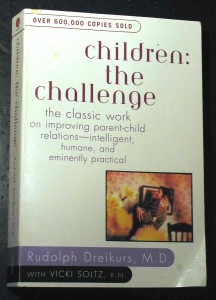John Nichols of The Nation discusses the state of the media
Two nights ago, I attended a fund-raising event to support what is very much a grass roots organizing group, Grass Roots Organizing (GRO). John Nichols, Washington Correspondent for The Nation, was the keynote speaker. After the scheduled program (I'll be posting on that too), Nichols agreed to sit down with me in the empty ballroom to discuss the state of the media in the United States (see the video below). The bottom line is that these waters are fraught with danger, and media reform advocates too often find themselves playing defense, even with Democrat control of the Presidency and Congress. Nichols is in a good position to know about media issues, given that he co-founded Free Press with Robert McChesney. BTW, Free Press will be holding its 2011 National Conference for Media Reform in Boston from April 8-11. In a second video clip (see further below), Nichols discussed the travesty and the danger of the United States Supreme Court case of Citizens United v. SEC.


